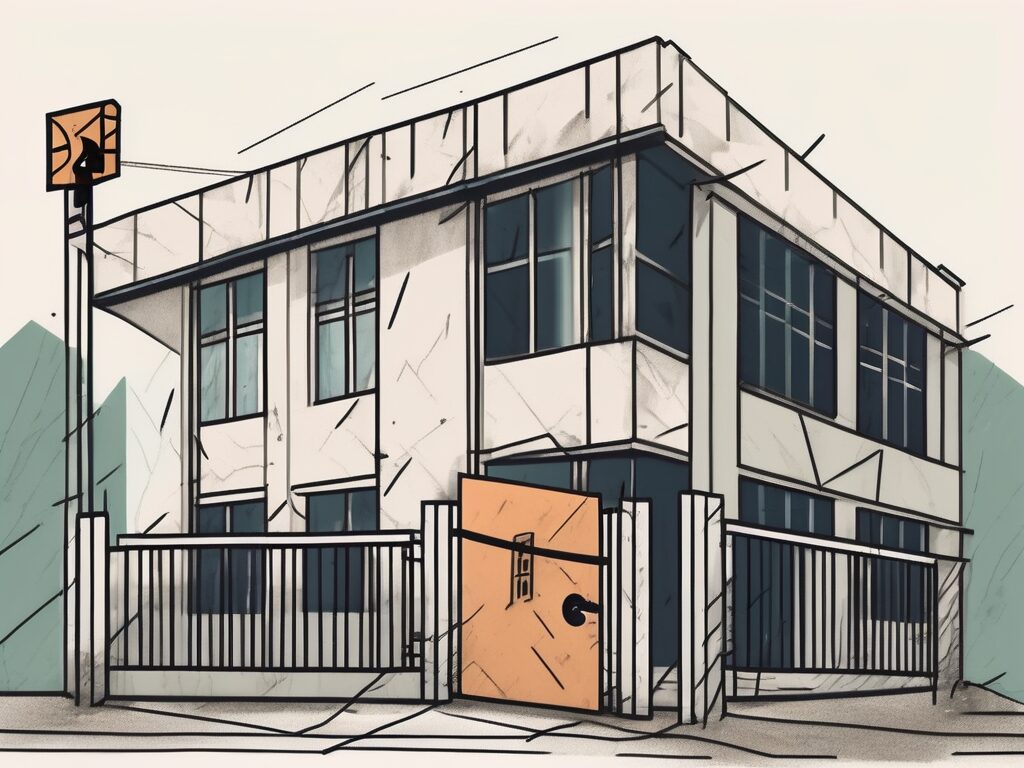Battling Taiwan’s Education Challenges: Key Insights for 2025
Taiwan’s education system has garnered international recognition for its exceptional academic standards and comprehensive curriculum. Nevertheless, it faces several pressing challenges that necessitate thorough examination and strategic intervention. This guide aims to elucidate the current obstacles within Taiwan’s educational framework and propose actionable solutions for improvement.
Excessive Reliance on Rote Memorization
A predominant issue within Taiwan’s education system is the excessive reliance on rote memorization. This conventional pedagogical approach prioritizes the memorization of facts over the development of critical thinking and creative problem-solving skills. While this method may result in elevated examination scores, it fails to cultivate the analytical abilities essential for success in a rapidly evolving global landscape.
In contrast, educational systems in countries such as Finland and Canada emphasize innovative thinking, problem-solving, and independent learning. These competencies are increasingly vital in today’s technology-driven environment.
Encouragingly, some Taiwanese institutions are beginning to integrate project-based learning into their curricula, promoting practical application of knowledge. However, this transition necessitates a significant cultural shift among educators and parents alike.
Intense Academic Pressure and Student Stress
Another critical challenge is the intense academic pressure and stress levels experienced by students. The competitive nature of Taiwan’s education system often positions academic achievement as the sole pathway to future success.
Students frequently endure extended hours in school, coupled with substantial homework and extracurricular commitments, leaving minimal time for relaxation and play—elements crucial for holistic development and well-being.
In comparison, nations such as Denmark and Sweden advocate for a balanced approach to education, recognizing the importance of leisure in fostering creativity, social skills, and overall happiness.
Addressing this issue will require a paradigm shift in societal attitudes towards education and success, alongside policy reforms aimed at alleviating academic burdens and enhancing mental health support for students.
Insufficient Curriculum Diversity
A further challenge is the lack of diversity in the curriculum. Taiwan’s educational framework predominantly emphasizes core subjects such as mathematics, science, and language arts. While these disciplines are undeniably important, this narrow focus can restrict students’ exposure to a broader spectrum of learning opportunities.
Subjects such as the arts, music, and physical education are often marginalized, despite their critical roles in fostering creativity, physical health, and emotional well-being. These areas can also assist students in discovering their passions beyond traditional academic confines.
In contrast, countries like Australia and New Zealand adopt a more holistic educational approach, offering a diverse curriculum that encompasses a wide array of subjects, thereby providing students with a well-rounded educational experience.
Expanding Taiwan’s curriculum will necessitate meticulous planning and resource allocation, yet it is an essential step towards delivering a more balanced education for its students.
Conclusion
While Taiwan’s education system confronts significant challenges, it is crucial to recognize that these obstacles are not insurmountable. With the implementation of appropriate policies and a commitment to reform, it is feasible to cultivate an educational environment that not only achieves high academic performance but also nurtures creativity, mitigates stress, and offers a comprehensive educational experience.
As evidenced by successful models in other countries, Taiwan has the potential to develop an education system that effectively prepares its students for the complexities and opportunities of the 21st century.
It is imperative to maintain an ongoing dialogue regarding these issues, fostering a culture of inquiry and innovation in education. Every child deserves the opportunity to learn, grow, and thrive in a supportive educational environment.
Enhance Your Teaching Career with IPGCE
In light of the challenges facing Taiwan’s education system, the role of educators is pivotal in shaping future outcomes. For educators seeking to elevate their qualifications, broaden their global perspective, and engage with a professional community, the International Postgraduate Certificate in Education (IPGCE) offers a pathway to success. This program is designed to help educators overcome qualification barriers, advance their careers, and seamlessly integrate professional development with existing commitments. Join the UK’s leading Teacher Training Course today and contribute to the transformative changes needed in Taiwan’s education system.

